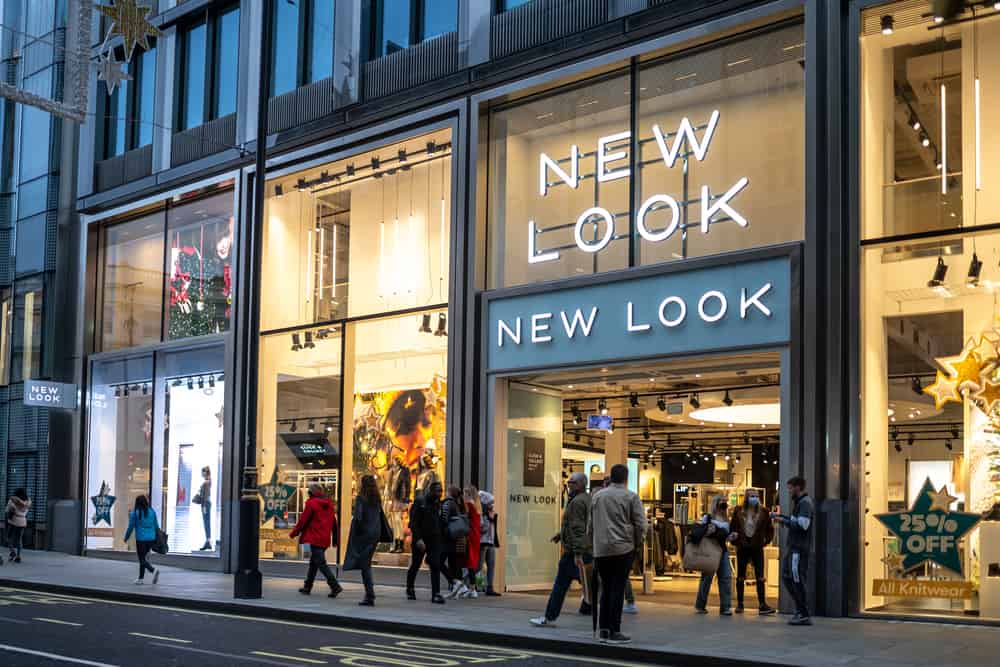We’re delighted to introduce Michael Matzer, the editor of Internet Retailing’s new German presence. We’ll be launching a full German-language service in 2010, bringing the IR approach of commercial, multichannel analysis to this important European market, and as part of this we’ll also be offering a fuller European view for our UK audience.
Along with the French service which we plan to open in the first quarter, our work in 2010 will be to blend local market expertise and insights with a regional perspective of one of the most demanding and attractive market areas in the world.
We’ll introduce Michael more fully next year, but in the meantime he’ll be penning a regular ‘Letter from Germany’, giving his view of online retailing in the territory.
You will be able to read Michael’s English-language coverage right here on InternetRetailing.net, but if you’d like to get our new German-language newsletter please subscribe here.
So, over to Michael:
Farewell, 2009!
It’s been a tough 12 months, year one after a world economic crisis that saw the giants tumble and the governments grapple to keep the financial and economic infrastructure going. It was to be expected that there would be casualties, and in Germany the most significant of them was KarstadtQuelle, a part of Arcandor.
Quelle, the Fürth-headquartered catalogue retailer/online shop/store chain, was a long-standing and well-known provider of quality goods at affordable prices in Germany. The other casualty was Karstadt, a major department store chain that has suffered from many management strategy changes.
But both companies’ demise — they’re being sold piecemeal to investors at the moment — signifies a change in the retail market: The internet is taking over. Anyone who is not already online with a significant and competitive part of their business will be in major trouble soon. The other catalogue retailers, like Otto and Neckermann, focused on the internet long before Quelle joined the race and have been able to weather the crisis much better.
Meanwhile, the latest polls on consumer behaviour from Fittkau & Maaß Consulting show that the number of online Christmas shoppers in 2009 has increased almost ten percent over 2008.
It’s especially the 25-35 demographic that shops online, while the over 50s hardly ever purchase gifts online, a blatant contradiction of the “silver surfer” myth. These older people still go to traditional speciality stores, like fashion shops, bookstores, jewellers, toy shops, and so on, where they expect the best service.
And the youngest group, those below age 25, either don’t have the money yet to spend a lot or, in fact, are the ones receiving the gifts — German youngsters leave school and other educational institutes much later than British or American kids, and enter lucrative jobs much later. These youngsters are not so much interested in jewellery or books, but rather in games, music, and movie and ringtone downloads to feed their consoles, MP3 players and smartphones. German online shoppers are expected to spend 3.1bn euros in 2010, but retailers should count themselves lucky if these kids spend much of that.
In Germany 2009 was also a year of political change. By September, the old coalition of Christian Democrats (CDU/CSU) and Socialist Democrats (SPD), was worn out to breaking point and wasn’t appreciated by the voters any more. Welcome in the Liberals! The party colours of black (CDU/CSU) and bright yellow (liberals, FDP) are supposed to usher in a new era of prosperity and consolidation, which will not be so easy to do after the biggest economic crisis since 1929 and facing a 1.6trillion debt mountain. However, the first two programmes to help the economy get back to speed have been introduced, with a third okayed just last Friday.
Will it help ecommerce? Most certainly, because it will bring several billion euros into the economic cycles in Germany, only just one step short of a decrease in taxes (In fact, there will be some tax cuts — enterprises like hotels will get a lower rate in 2010). This windfall can be expected to end up in ecommerce, with its increasing share in overall spending…
Michael Matzer, editor Germany
• You can send news and press releases concerning your activities in Germany — in English or German — to press@internetretailing.net.








